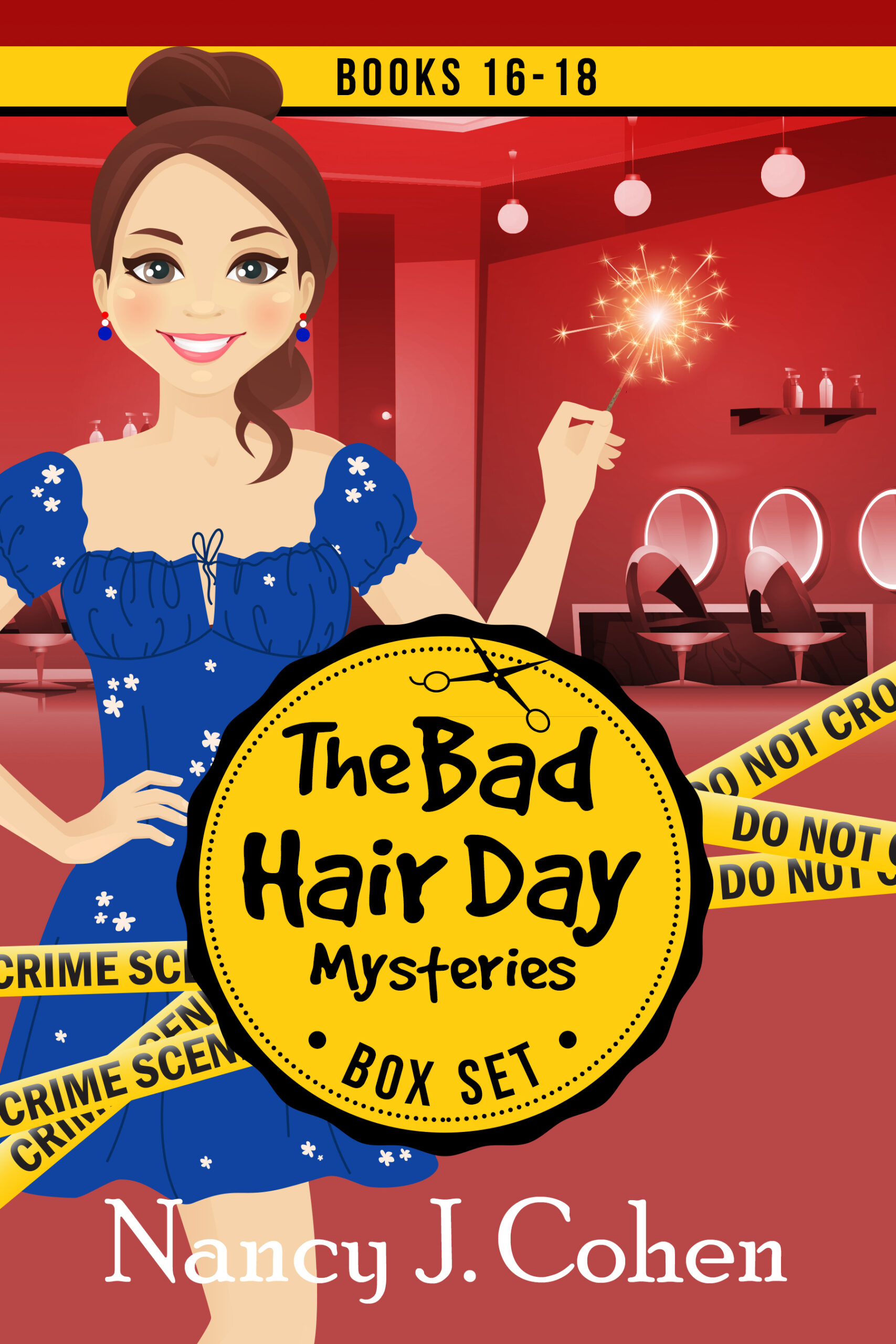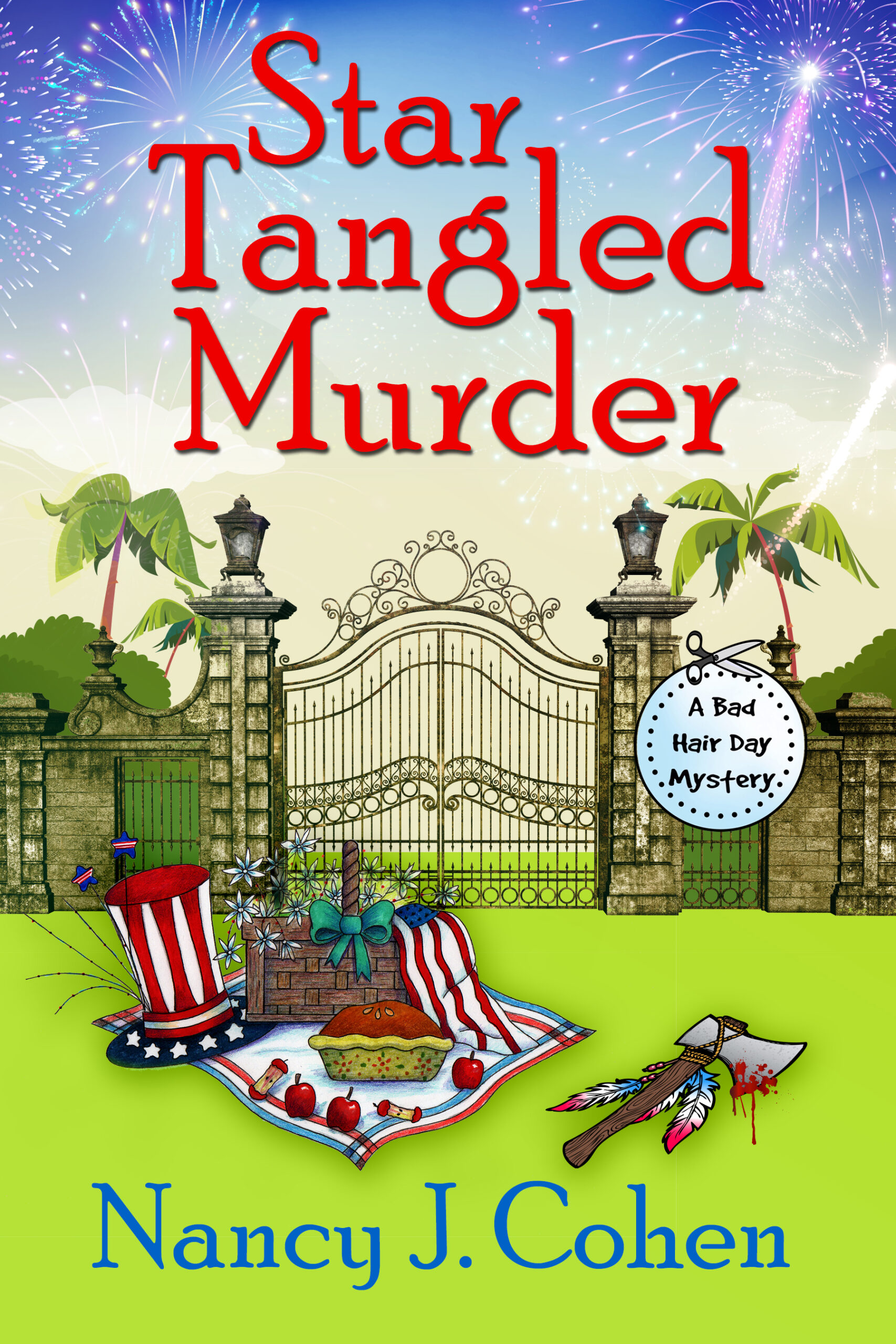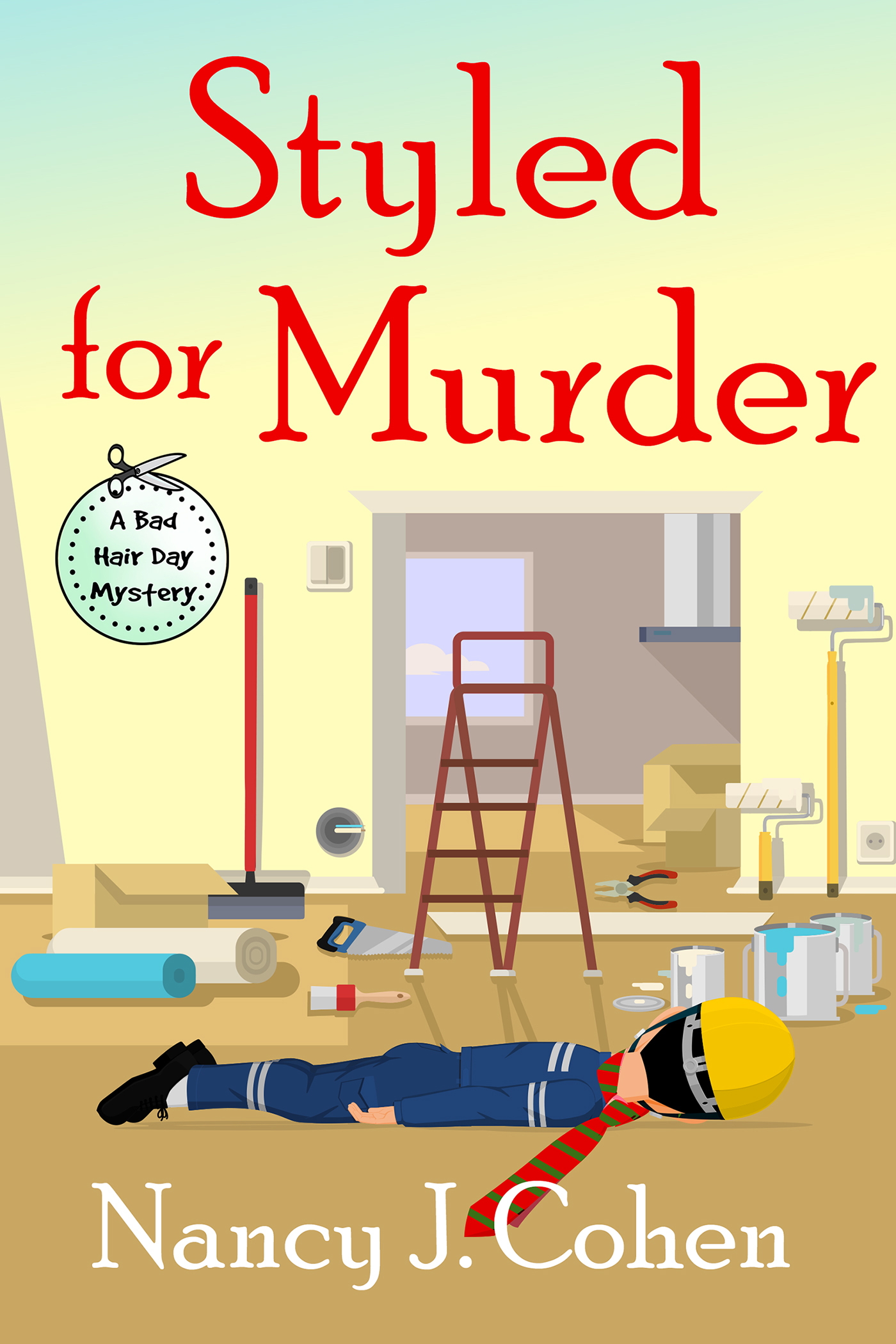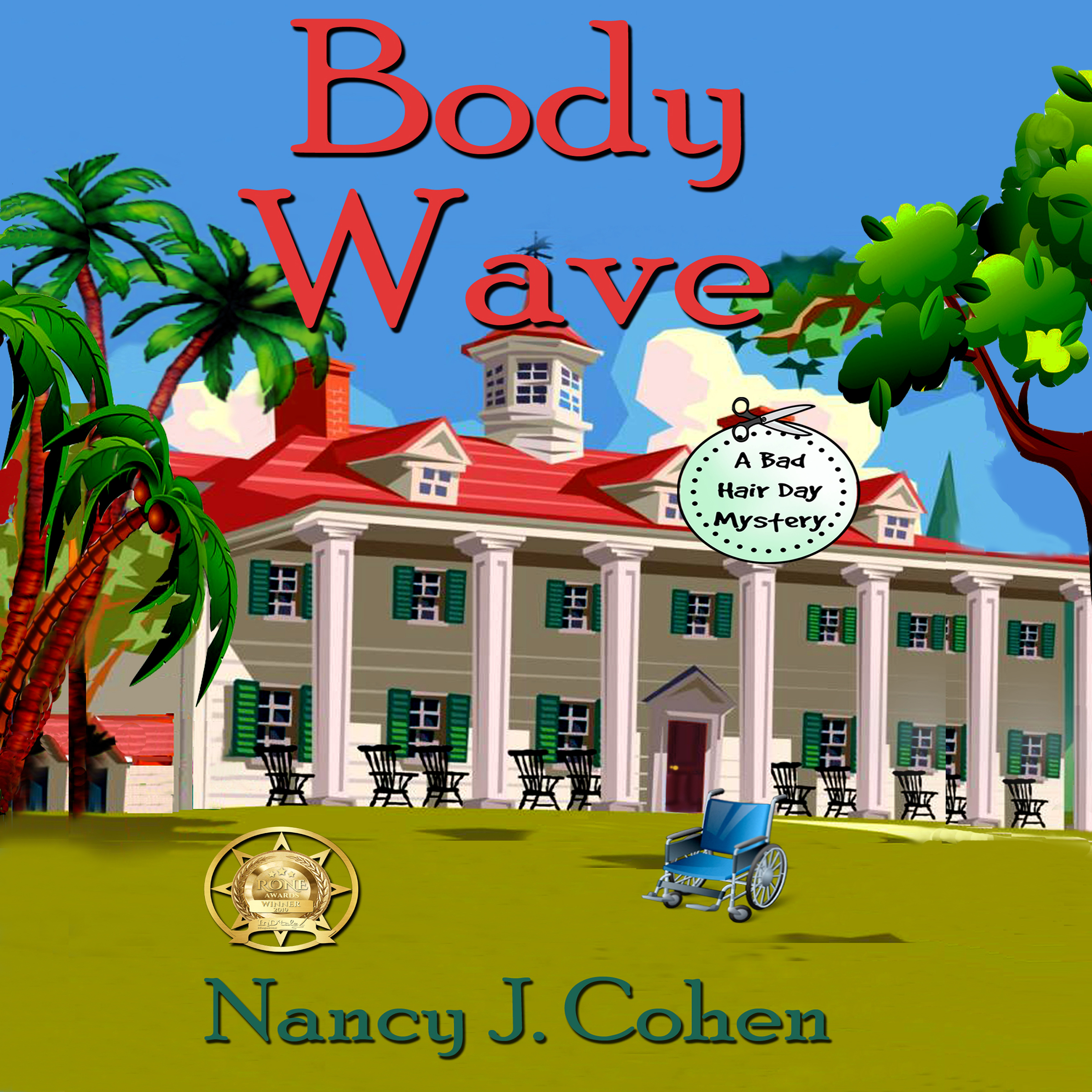You’ve finished writing your book and are ready to start self-edits. What should you be examining in each conversation? Here are 14 tips to help you write more effective dialogue.
All conversations should have a purpose.
Dialogue is a great way to start a story and provide an opening hook. You’ll want to keep the pace moving forward. Besides backstory and flashbacks, there’s nothing that kills pacing more than meandering dialogue. Conversations should reveal information, advance the plot, deepen characterization, create conflict, offer comic relief, or present new insights. Long passages of dialogue where nothing happens will make your reader wonder when the story will move ahead.
Vary your techniques.
Information exchanges don’t have to be straightforward. Revelations can be tricked, teased, or threatened out of a character. Have your heroine blurt out something in the heat of the moment. Or have two characters discuss a situation and reach a new conclusion together. What you want to avoid is an info dump. Even at the end of a thriller or mystery where you have to reveal the How-Done-It about the crime, don’t just have the killer stand there pointing a gun at your hero while rattling off his confession. Save some of this info for the final wrap scene, where your hero reflects on events with another character and comes to an insight that brings growth and change.
Cut the fillers that people use in real conversations.
“Excuse me, um, did you—I mean, did I—tell you, like, what this topic, you know, will be about?” In this instance, we don’t want to write realistic dialogue. Our fictional sentences must be more concise and to the point. Some mannerisms are allowed for character development, like the person who says “you know” all the time, but leave out the rest of the fluff.
Watch those cuss words.
You may have a gutter mouth, or think your character should talk that way, but be wary of alienating your readers. Who’s your target audience? Do you want a wider readership? If so, sprinkle in the use of bad language judiciously or substitute a word like “frak” in Battlestar Galactica.
Don’t be too clinical.
When writing sex scenes, certain language is permissible if your genre is erotica but not if you want to appeal to a more general audience. Again, consider your readership. You may want to look at the emotional ramifications of a love scene rather than focusing on the sex act itself.
Avoiding certain terminology also applies to your character’s point of view. Occasionally, I will slip in some medical terms into my story. This comes from my own background as a nurse, not my hairdresser sleuth’s. My critique group always catches me on this error. So be careful of using jargon your character might not know but that you do.
Use dialect sparingly.
It can be enough to say your character has a heavy southern accent rather than changing every word, as in “Ah have to git me a new dress for the party Ah am hankerin’ to attend.” This is okay in small doses but can get annoying throughout an entire book. Ditto for foreign languages. Sprinkle in a few select phrases to give the reader the flavor of the character’s speech without making us stumble over sentences that are hard to pronounce, let alone comprehend.
Favorite phrases can enhance character.
What does your protagonist say when surprised? When he’s annoyed? Make up some favorite phrases for him to use as a speech tag, keeping his background in mind. For example, a hairstylist might say, “Holy highlights!”, or a space pilot: “By the stars!”
Avoid unnecessary speech tags and adverbs.
Leave off the “she cackled merrily,” “he ranted angrily,” or “she snickered devilishly.” You don’t need descriptive adverbs. Let the dialogue speak for itself. Use “he said” or “she said.” Better yet, show through action who is speaking.
Consider the technique of oblique dialogue.
This is where one speaker asks a question. The respondent either counters with another question or answers with an unrelated comment. Nonverbal cues can supply the subtext or clues as to what’s really going on in this conversation.
Don’t repeat info the characters already know.
This kind of info exchange, where two people talk about something they both already know, serves merely to fill the reader in on background info. Find another less obvious way to slide this knowledge into the conversation. Dialogue is a great way to add backstory but only if done in an unobtrusive manner and if it’s related to the current situation.
Separate single lines of dialogue from expository passages.
If you have a single line in quotes and the rest of the paragraph is introspection or action from the same character, put the line of dialogue in its own paragraph.
Reveal character through conversation.
Does your character always end a sentence in a question? Talk in a confrontational manner? Show his wishy-washy attitude in phrases like “I think,” “I guess,” “Well, maybe…,” or “I suppose?” These are ways to reveal personality through dialogue. Also, have your protagonist use metaphors, similes, and slang within his unique frame of reference.
Avoid talking heads.
Intersperse your lines of dialogue with action and emotional reactions. Conversation that’s not meaningful to your character isn’t going to grip the reader. We want to feel his gut responses. Even when the conversation itself sparkles with emotion, it helps to have the viewpoint character throw in a thought or two about it or perform some action that shows his emotional state. Then we as readers will empathize more strongly with him.
Review your work.
Reread your conversations looking for stilted dialogue, formal speech, out of character responses, and repetitions. This should be part of your editing process.
Dialogue is an important tool in our writer’s toolbox. Use it wisely and your readers will keep coming back for more.
























Nancy,
Great post! You’ve covered every aspect of dialogue writing.
Thanks so much, Marilyn.
Love it! Had to print it out….thanks for sharing, Nancy.
Glad you found it useful enough to print out!
This was a great post. I, too, printed it out. I write plays, too, and I think that exercise has really helped me with dialogue in my novels. Keep this kind of helpful stuff up. (Maybe you could do “ending sentences with a preposition” sometime! Ha!) Sharon Moore [aka Angelica French]
Screenwriting is a different ballgame as is writing plays. Those are all about the dialogue and action. I’ll bet that experience is highly helpful to your novel writing.
I took a science fiction writing class taught by Simon Hawke once, and he used the phrase “As you know, Dr. Frankenstein…” to point out those conversations where the characters are explaining something that they both know just to inform the reader. I can still hear him intoning those words whenever I find myself doing it.
It’s particularly tough for what I’m working on, because I deliberately set out to break away from classic science fiction and fantasy tropes, and I have to go back a lot and ask myself, “Would they really need to explain these things to each other?” If not, I look for some other way to get the necessary information to the reader.
Avoiding info dumps can be difficult. In each of my Drift Lords series installments, I have to inform new readers what’s going on in terms of the mythology and such. Fortunately, the heroines are Earth women with no clue as to their role in an ancient prophecy. Thus the hero gets to explain what it’s all about.